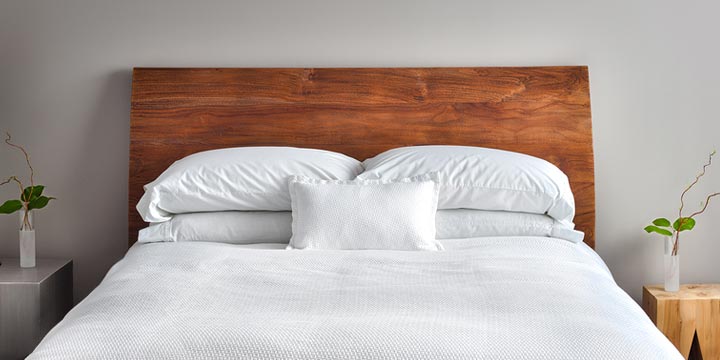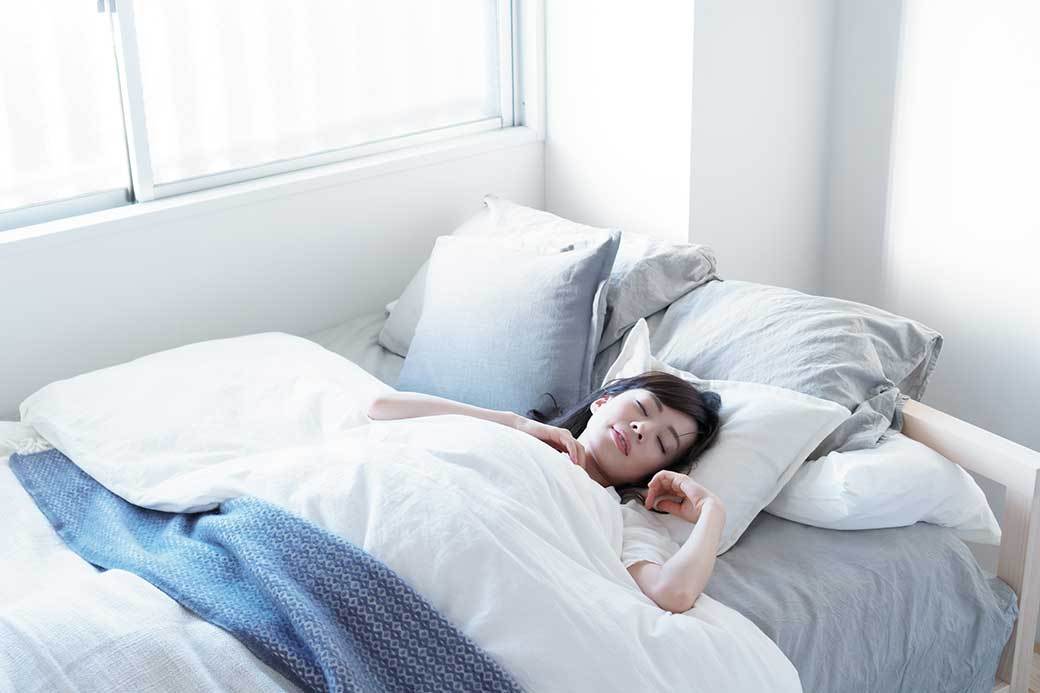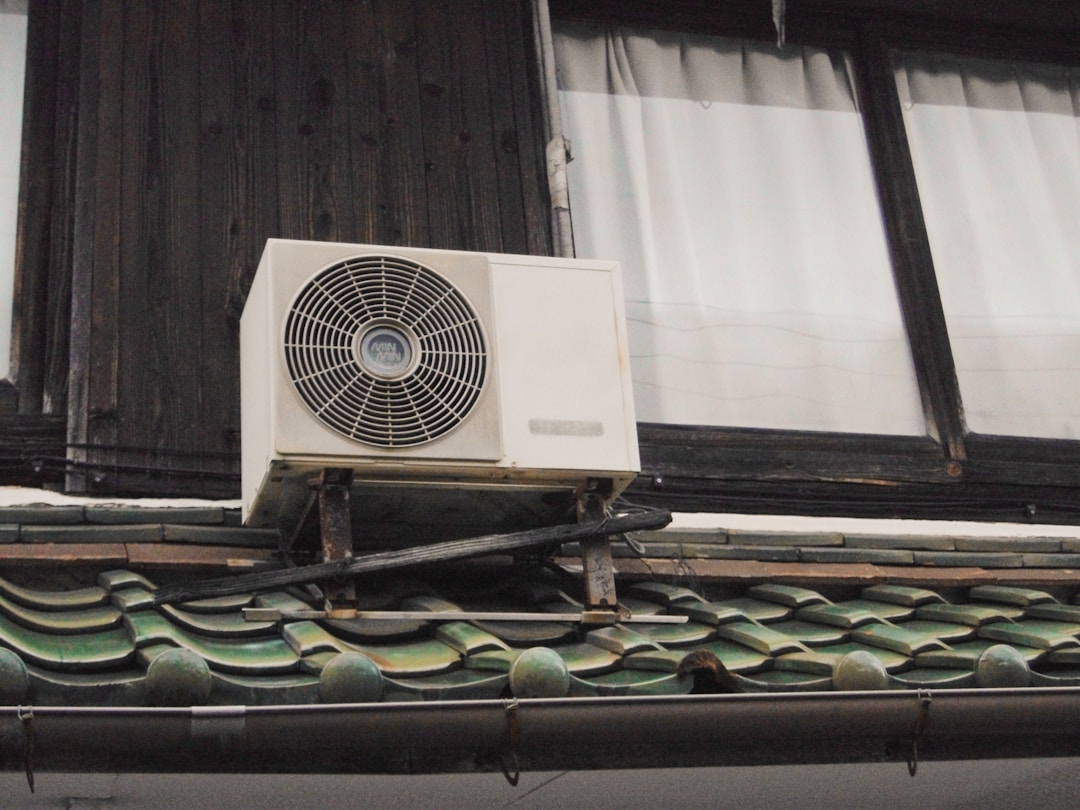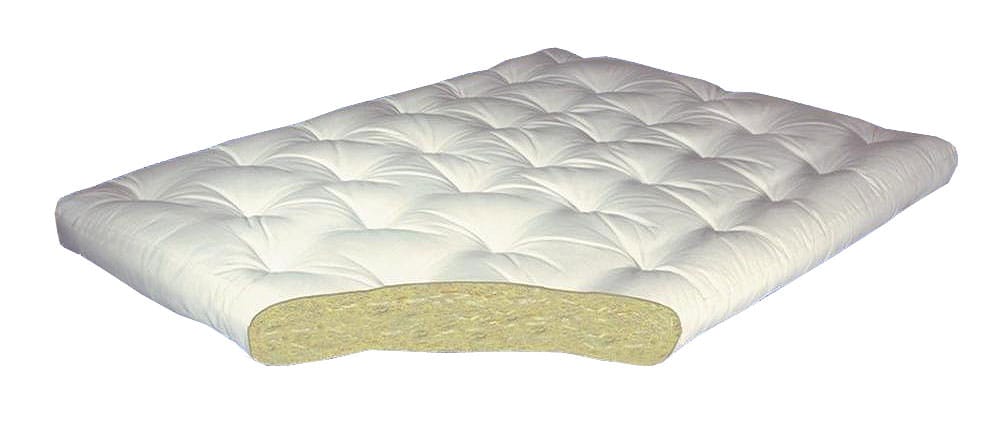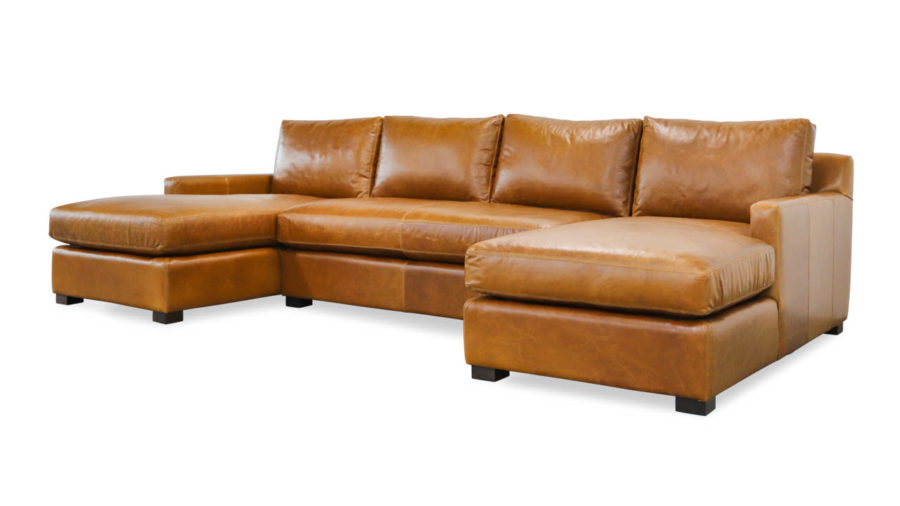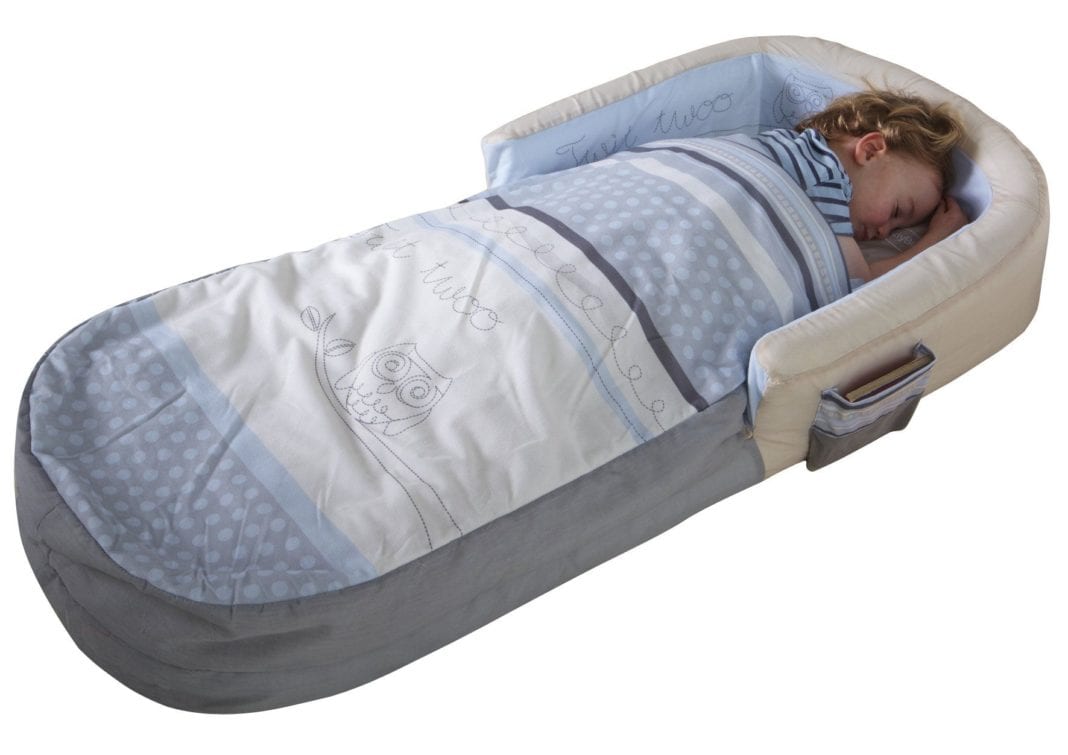Allergies can make it difficult to get a good night's sleep, especially if you're allergic to your spring mattress. Fortunately, there are options available to help alleviate your symptoms and provide a more comfortable sleep experience. One such option is a hypoallergenic mattress topper. These toppers are designed to provide an extra layer of protection between you and your mattress, helping to reduce the risk of exposure to allergens. When shopping for a hypoallergenic mattress topper, look for materials that are hypoallergenic such as organic cotton, bamboo, or wool. These materials are less likely to trigger allergies and are also more environmentally friendly. Additionally, look for toppers that are anti-microbial and dust mite resistant to provide further protection against allergens.1. "Hypoallergenic Mattress Toppers for Allergies"
If you're concerned about the chemicals and toxins in traditional mattresses, an organic mattress may be the solution for your allergy needs. These mattresses are made with all-natural and chemical-free materials, making them a healthier and safer option for those with allergies. Organic mattresses are also hypoallergenic, meaning they are less likely to trigger allergies or cause irritation. When shopping for an organic mattress, look for certifications such as GOTS (Global Organic Textile Standard) and GOLS (Global Organic Latex Standard) to ensure the mattress is truly organic. You can also look for organic cotton, wool, and latex as the main materials used in the mattress.2. "Organic Mattresses for Allergy Sufferers"
Latex mattresses are a popular choice for those with allergies because they are naturally hypoallergenic, anti-microbial, and dust mite resistant. Latex is also a breathable material, making it less prone to mold and mildew growth. This can be especially beneficial for those with allergies to these allergens. When looking for a latex mattress, be sure to choose natural latex over synthetic latex, as natural latex is less likely to contain chemicals and toxins that can trigger allergies. You can also look for certifications such as eco-INSTITUT or OEKO-TEX to ensure the mattress is made with safe and environmentally friendly materials.3. "Latex Mattresses for Allergy Relief"
While traditional memory foam mattresses may not be the best option for allergy sufferers due to their use of chemicals and toxins, there are now hypoallergenic memory foam options available. These mattresses are made with plant-based materials or gel-infused memory foam, which are less likely to trigger allergies and also provide a more breathable sleep surface. When shopping for a memory foam mattress, look for certifications such as CertiPUR-US to ensure the mattress is made with safe and environmentally friendly materials. You can also look for bamboo or organic cotton covers for added hypoallergenic benefits.4. "Memory Foam Mattresses for Allergy Relief"
For added protection against allergens, consider investing in an anti-allergy mattress protector. These protectors are designed to create a barrier between you and your mattress, preventing allergens from seeping through. They are also waterproof, helping to protect your mattress from spills and stains. When choosing an anti-allergy mattress protector, look for materials such as hypoallergenic cotton, polyester, or polyurethane. These materials are less likely to trigger allergies and are also easy to clean. You can also look for protectors that are breathable to prevent the buildup of heat and moisture.5. "Anti-Allergy Mattress Protectors"
Dust mites are a common allergen and can be found in all types of mattresses, including spring mattresses. If you're allergic to dust mites, consider investing in a dust mite resistant mattress. These mattresses are made with materials that are hypoallergenic and dust mite resistant, making them a great option for those with allergies. Look for materials such as latex, wool, or bamboo when shopping for a dust mite resistant mattress. These materials are naturally resistant to dust mites and also provide other benefits, such as temperature regulation and moisture-wicking properties.6. "Dust Mite Resistant Mattresses"
Chemicals and toxins found in traditional mattresses can often trigger allergies and cause irritation. To avoid this, consider investing in a chemical-free mattress. These mattresses are made with natural and organic materials, making them a safer and healthier option for those with allergies. When shopping for a chemical-free mattress, look for materials such as organic cotton, wool, or latex. You should also look for certifications such as GOTS and GOLS to ensure the mattress is truly chemical-free.7. "Chemical-Free Mattresses for Allergies"
Natural fiber mattresses are another great option for those with allergies. These mattresses are made with all-natural and breathable materials, making them less likely to harbor allergens. They are also hypoallergenic and provide a more eco-friendly sleep experience. Look for materials such as cotton, wool, or bamboo when shopping for a natural fiber mattress. These materials are less likely to trigger allergies and also provide other benefits, such as temperature regulation and moisture-wicking properties.8. "Natural Fiber Mattresses for Allergy Relief"
In addition to a hypoallergenic mattress, investing in hypoallergenic bedding sets can also help to reduce allergy symptoms. Look for organic cotton or bamboo sheets, wool or down alternative comforters, and hypoallergenic pillows. These materials are less likely to trigger allergies and can provide a more comfortable sleep experience. Additionally, be sure to wash your bedding regularly in hot water to kill any allergens that may have accumulated. You can also consider using a hypoallergenic laundry detergent to further reduce the risk of exposure to allergens.9. "Hypoallergenic Bedding Sets"
For those with severe allergies, an air purifying mattress may be the best option. These mattresses are designed to filter out allergens, such as dust mites, pollen, and pet dander, from the air while you sleep. They typically use a combination of carbon and HEPA filtration to effectively remove these allergens from your sleep environment. While air purifying mattresses may be more expensive, they can provide significant relief for those with severe allergies. Remember to regularly change and clean the filters to ensure maximum effectiveness. In conclusion, if you're allergic to your new spring mattress, there are many options available to help alleviate your symptoms and provide a more comfortable sleep experience. From hypoallergenic mattress toppers to air purifying mattresses, there is a solution for every type of allergy sufferer. Consider your specific allergies and needs when choosing the right mattress for you, and don't be afraid to invest in high-quality, hypoallergenic bedding to further reduce your exposure to allergens. With the right mattress and bedding, you can finally get the restful and allergy-free sleep you deserve.10. "Air Purifying Mattresses for Allergy Sufferers"
Allergies and House Design: Why Your New Spring Mattress Could Be Causing Harm

Allergies are a common health concern for many individuals, and they can be triggered by a variety of factors. One surprising culprit that often goes unnoticed is the new spring mattress in your bedroom. While you may have thought that investing in a new mattress would provide you with a better night's sleep, it could actually be causing harm to your health.
The Hidden Dangers of Traditional Spring Mattresses

Traditional spring mattresses are made with a combination of metal coils, padding, and fabric. These materials can easily accumulate dust, dirt, and other allergens, which then become trapped within the layers of the mattress. As you sleep, these particles are released into the air and can irritate your respiratory system, leading to common allergy symptoms such as sneezing, coughing, and watery eyes.
The Rise of Allergies and Asthma in Modern Times

In recent years, there has been a significant increase in the number of individuals suffering from allergies and asthma. This rise can be attributed to various factors, including environmental pollution and the use of synthetic materials in everyday products. New spring mattresses fall into this category, as they are often made with synthetic materials that can emit harmful chemicals and toxins.
The Benefits of Choosing an Organic Mattress

If you suffer from allergies or asthma, it may be time to consider investing in an organic mattress. These mattresses are made with natural, non-toxic materials such as organic cotton, wool, and natural latex. Not only are these materials better for your health, but they also have the added benefit of being more durable and sustainable.
Designing a Healthier Home

When it comes to designing your home, it's essential to consider not just aesthetics, but also the impact on your health. Your bedroom, where you spend a significant amount of time sleeping, should be a sanctuary for rest and rejuvenation. By choosing an organic mattress, you can create a healthier and more comfortable space for yourself and your loved ones.
Conclusion

In conclusion, allergies and house design are closely intertwined, and your new spring mattress may be causing more harm than good. Consider making the switch to an organic mattress to improve your overall health and create a more sustainable home environment. Your body and the planet will thank you.
HTML CODE:Allergies and House Design: Why Your New Spring Mattress Could Be Causing Harm

Allergies are a common health concern for many individuals, and they can be triggered by a variety of factors. One surprising culprit that often goes unnoticed is the new spring mattress in your bedroom. While you may have thought that investing in a new mattress would provide you with a better night's sleep, it could actually be causing harm to your health.
The Hidden Dangers of Traditional Spring Mattresses

Traditional spring mattresses are made with a combination of metal coils, padding, and fabric. These materials can easily accumulate dust, dirt, and other allergens, which then become trapped within the layers of the mattress. As you sleep, these particles are released into the air and can irritate your respiratory system, leading to common allergy symptoms such as sneezing, coughing, and watery eyes.
The Rise of Allergies and Asthma in Modern Times

In recent years, there has been a significant increase in the number of individuals suffering from allergies and asthma. This rise can be attributed to various factors, including environmental pollution and the use of synthetic materials in everyday products. New spring mattresses fall into this category, as they are often made with synthetic materials that can emit harmful chemicals and toxins.
The Benefits of Choosing an Organic Mattress

If you suffer from allergies or asthma, it may be time to consider investing in an organic mattress. These mattresses are made with natural, non-toxic materials such as organic cotton, wool, and natural latex. Not only are these materials better for your health, but they also have the added benefit of being more durable and sustainable.
Designing a Healthier Home

When it comes to designing your home, it's essential to consider not just aesthetics, but also the impact on your health. Your bedroom, where you spend a significant amount of time sleeping, should be a sanctuary for rest and rejuvenation. By choosing



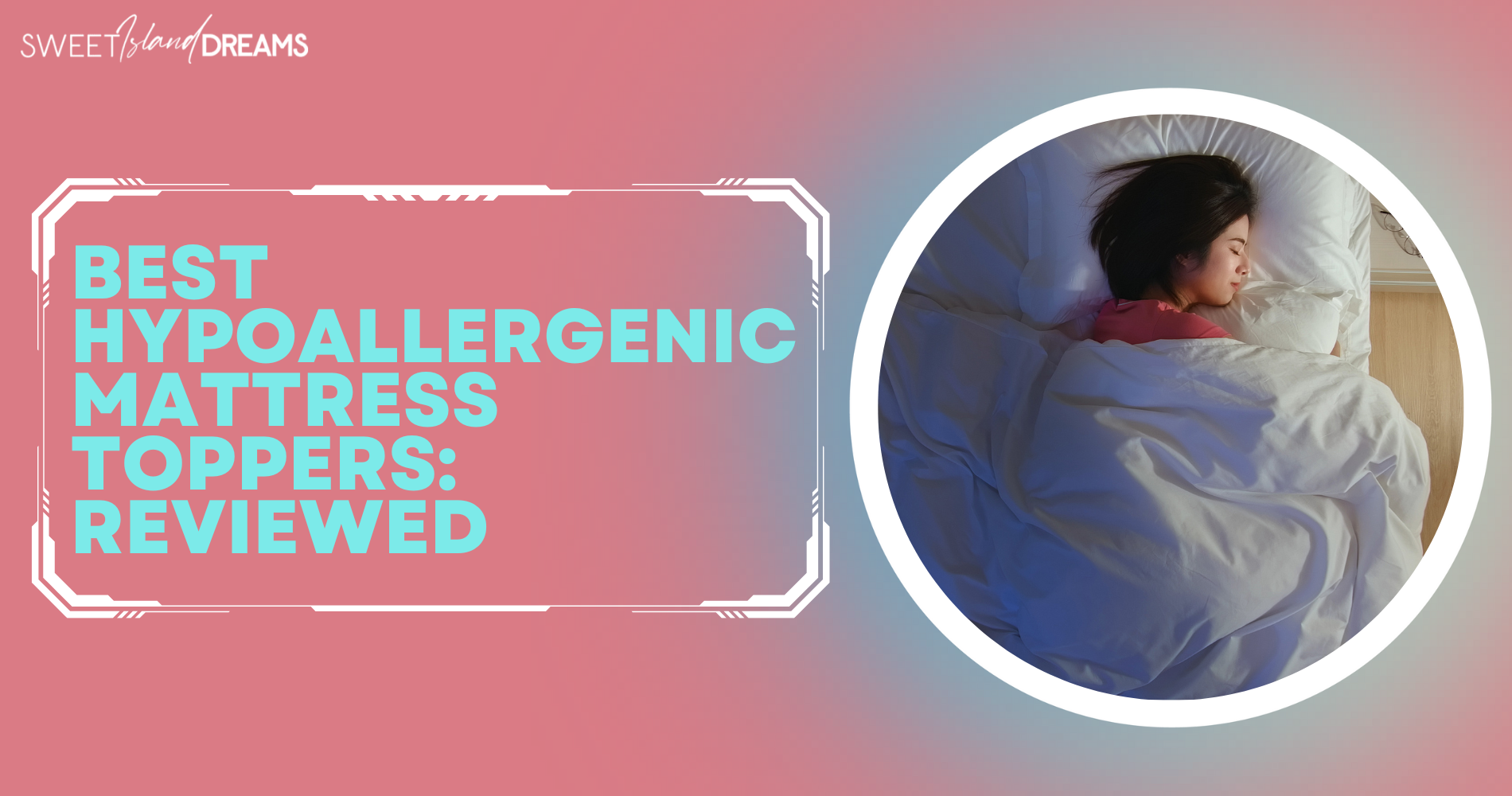


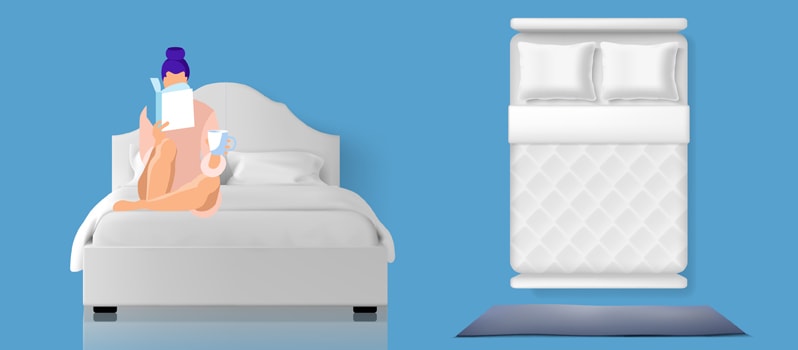
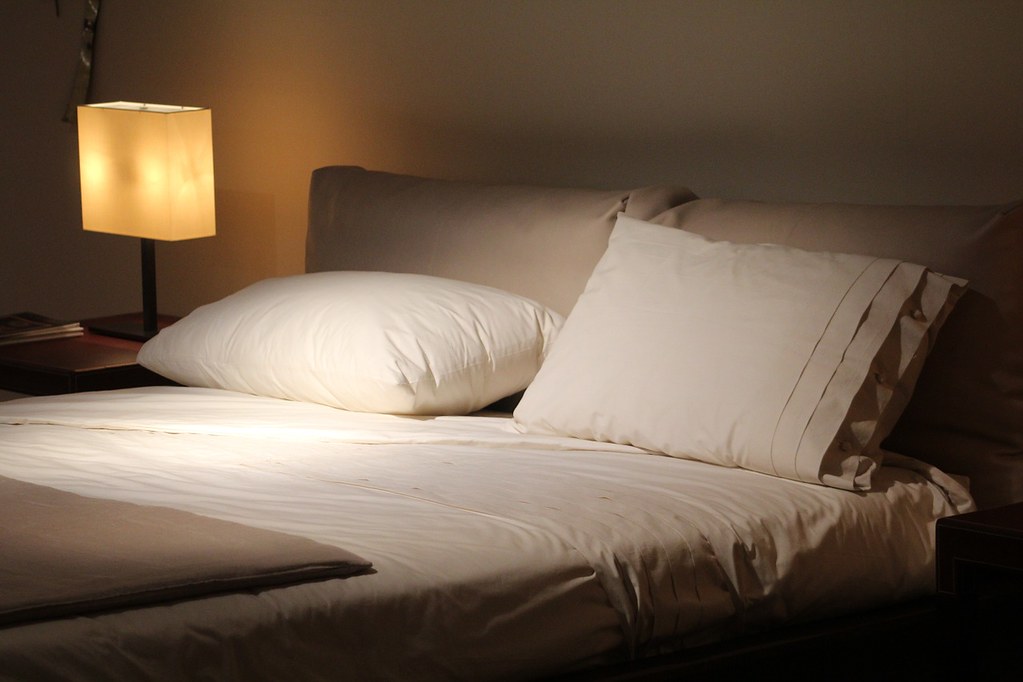
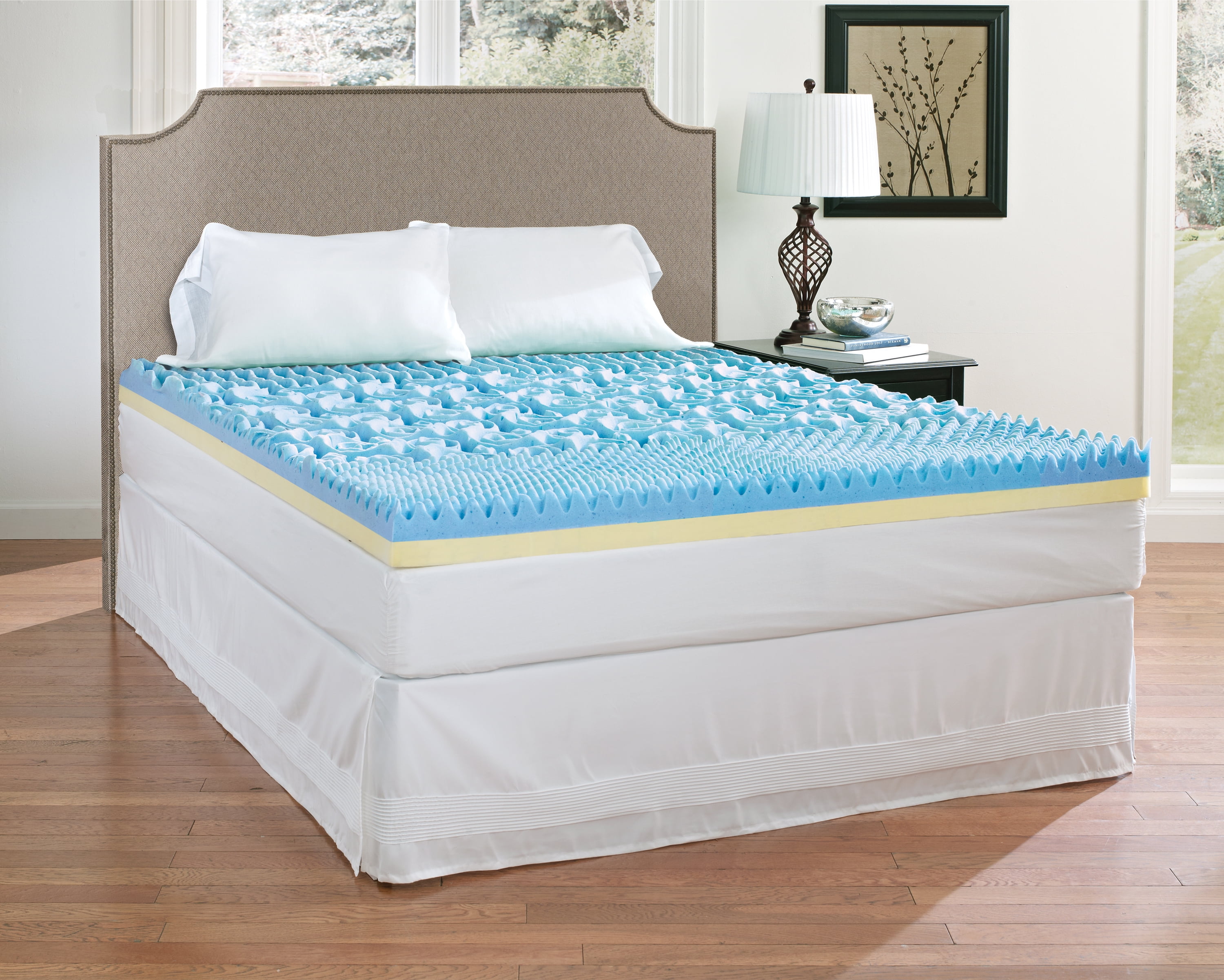





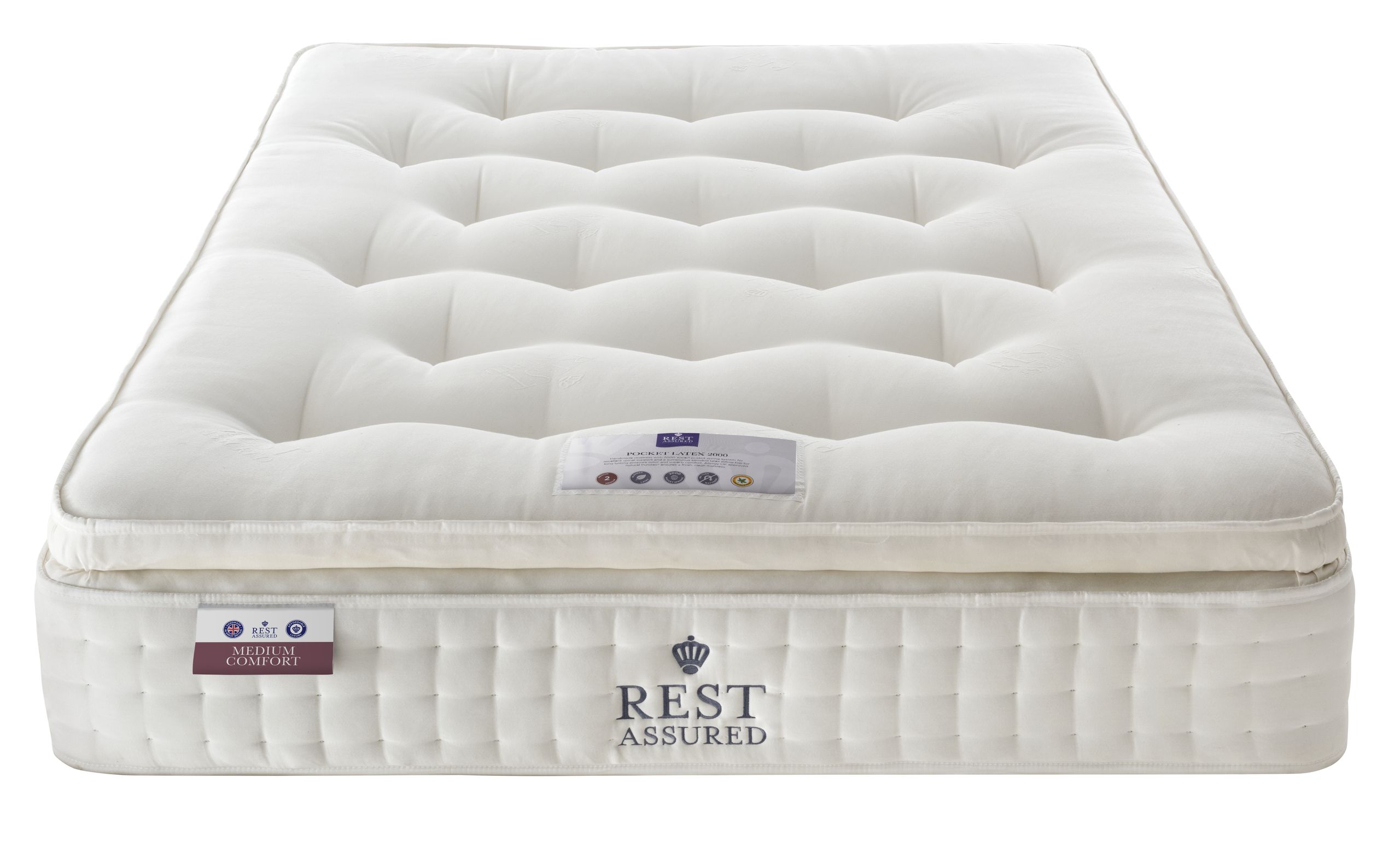


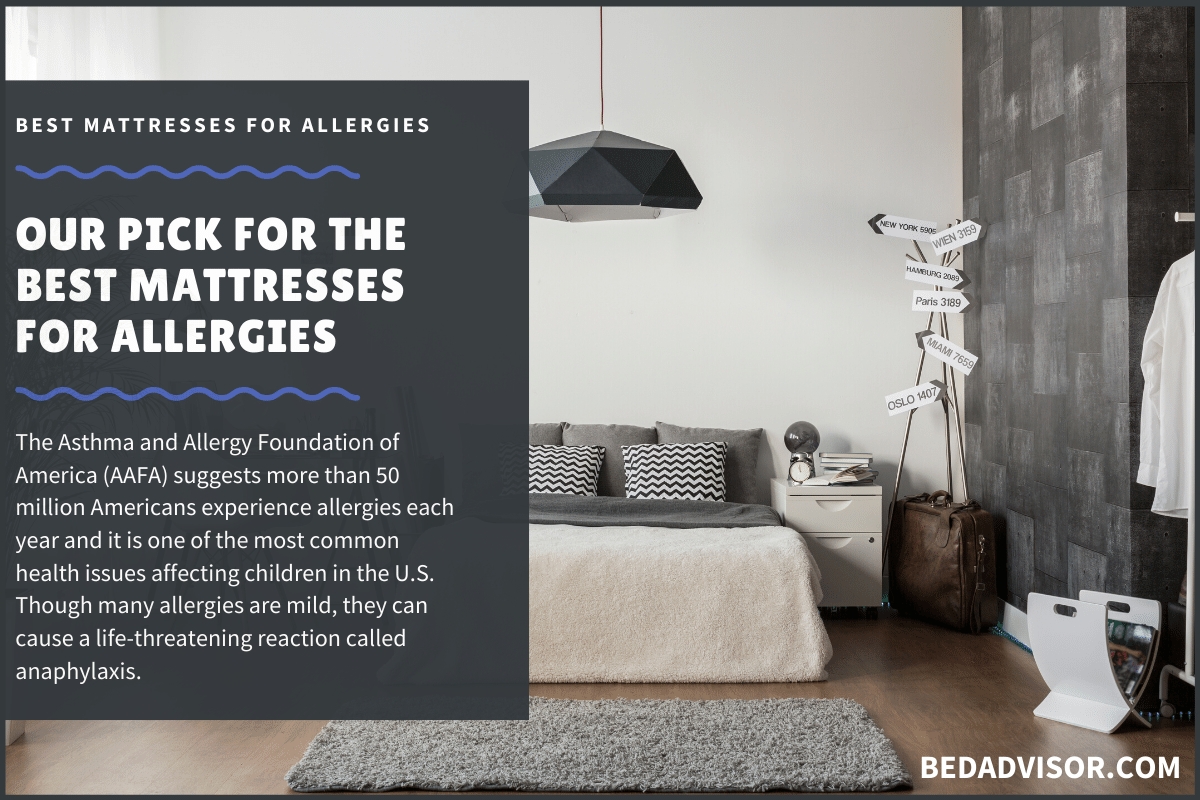
:max_bytes(150000):strip_icc()/best-flowers-for-allergy-sufferers-4144983-hero-0df3bff192034d0388e5292a1af2a55c.jpg)



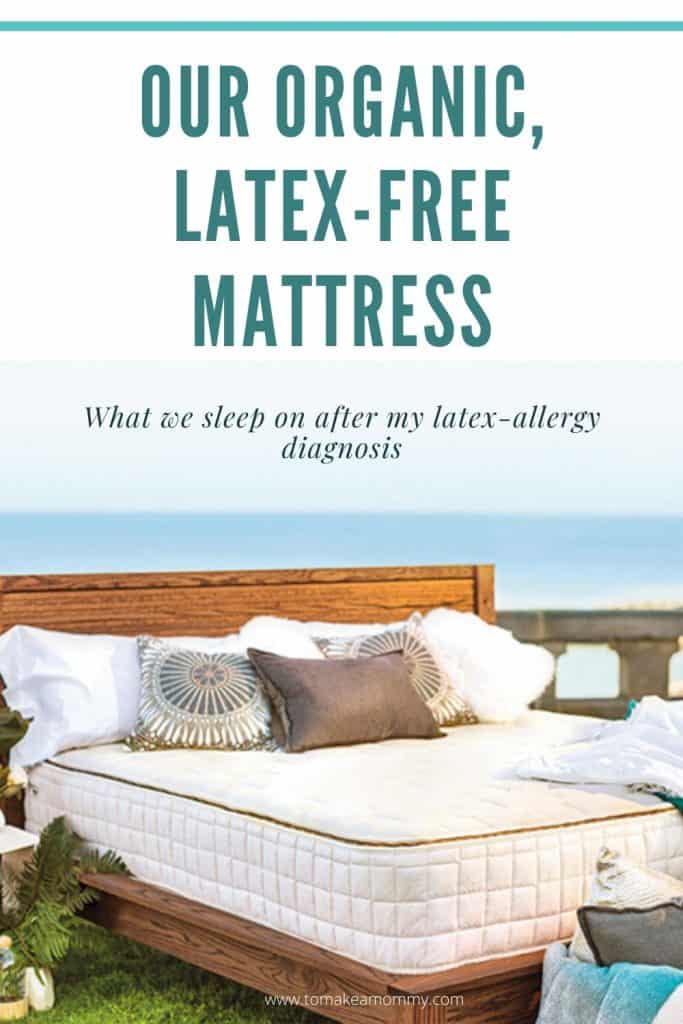







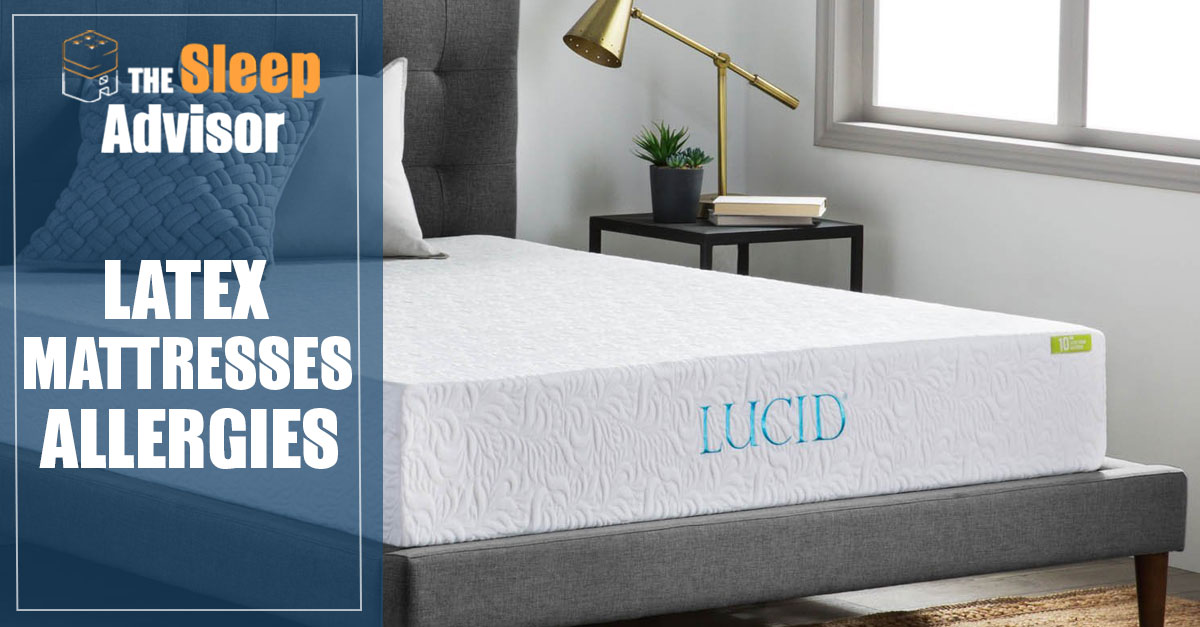







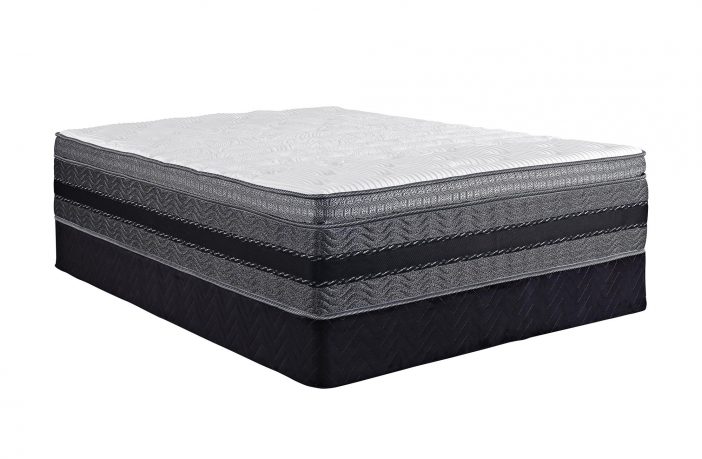


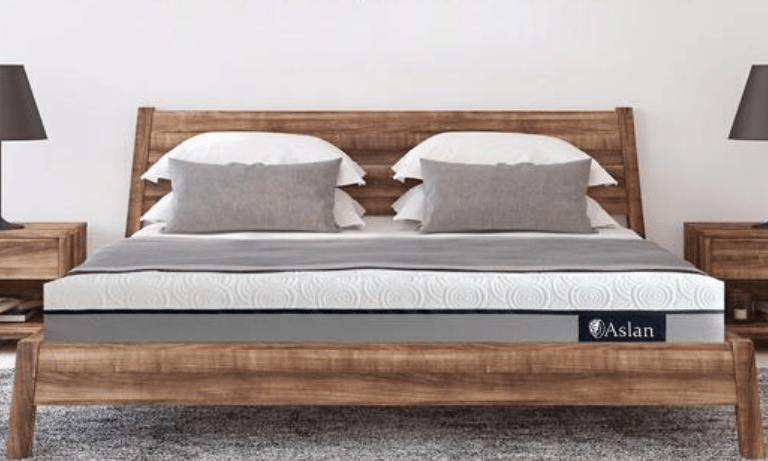
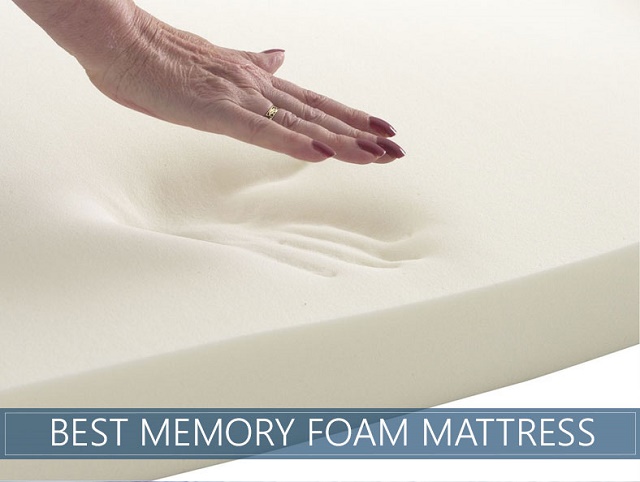

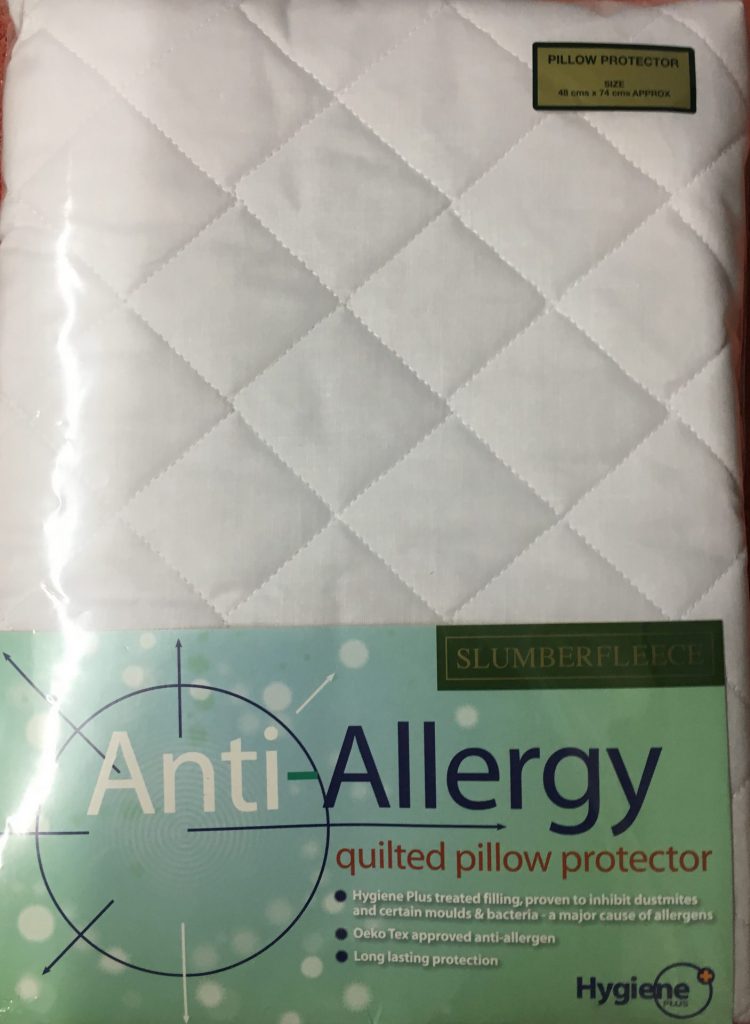
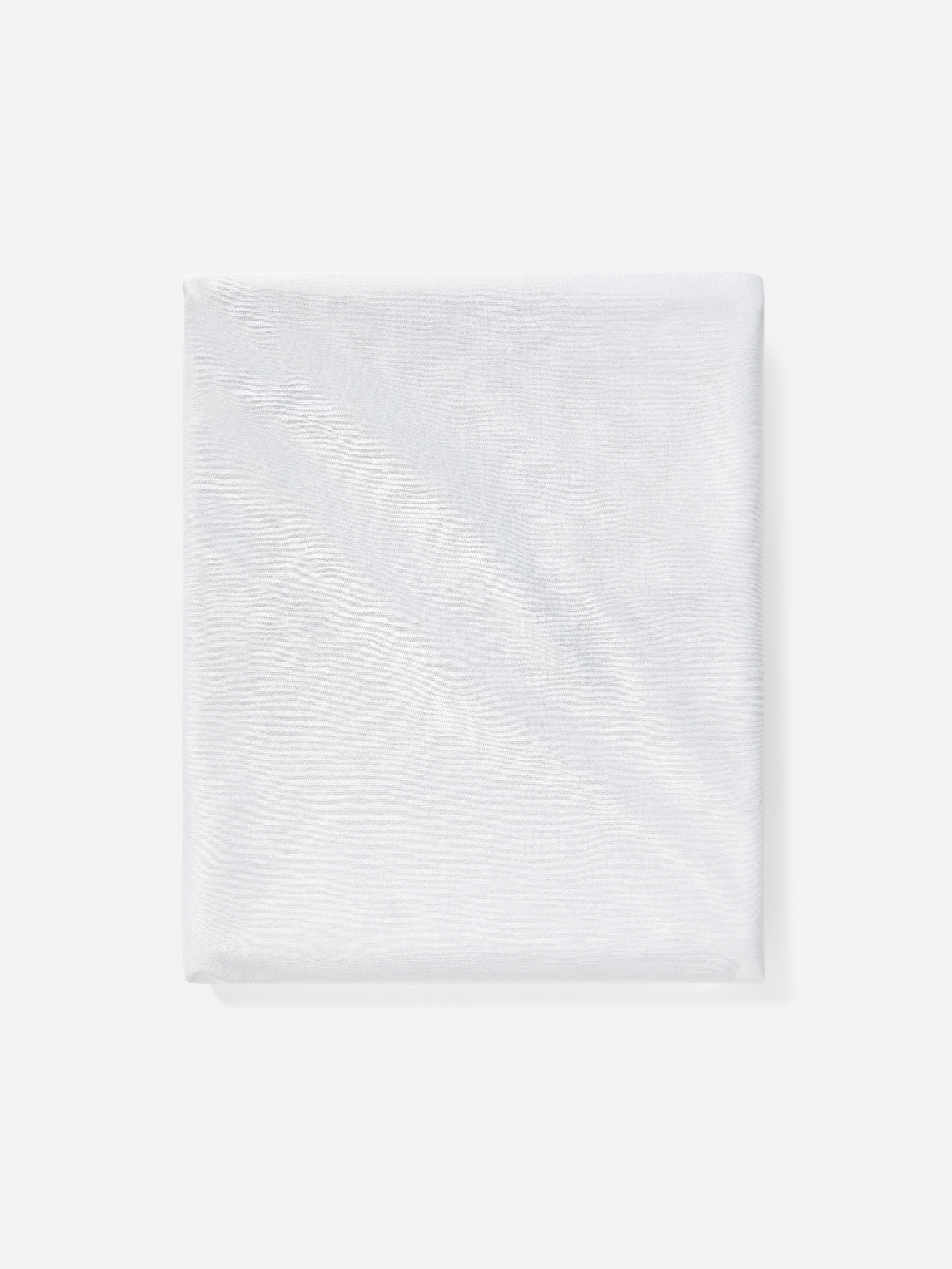

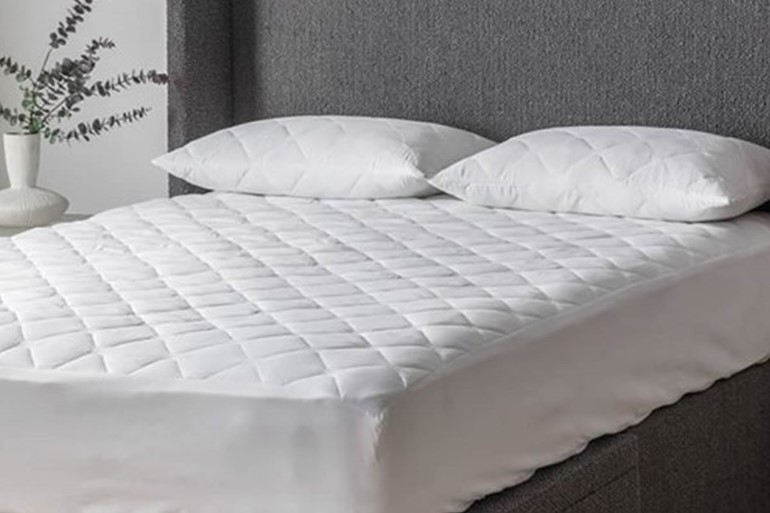
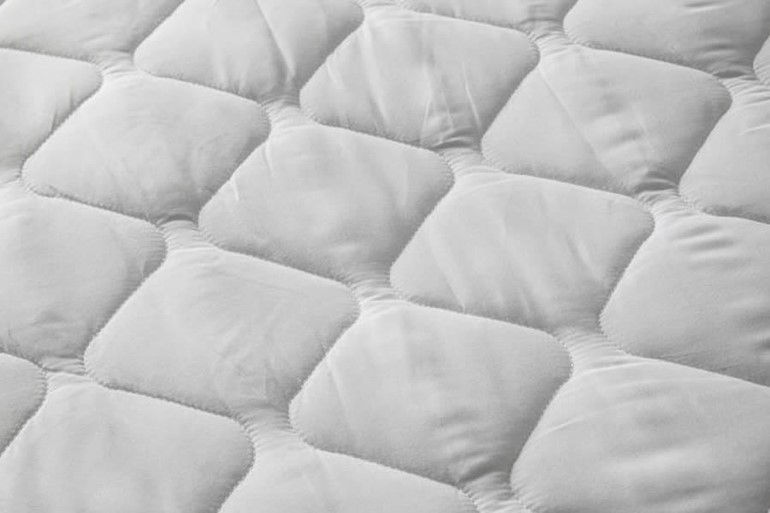
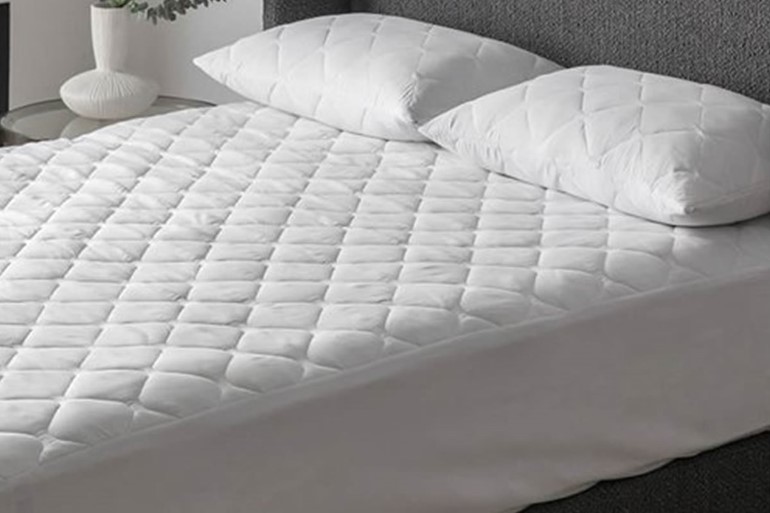
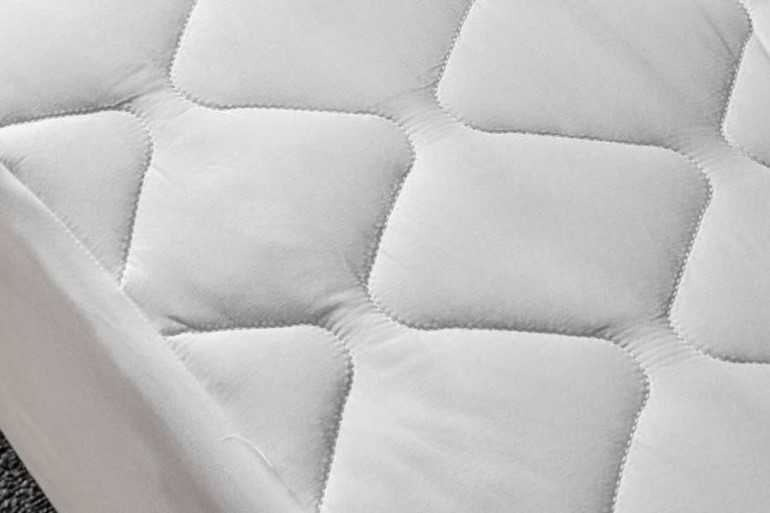
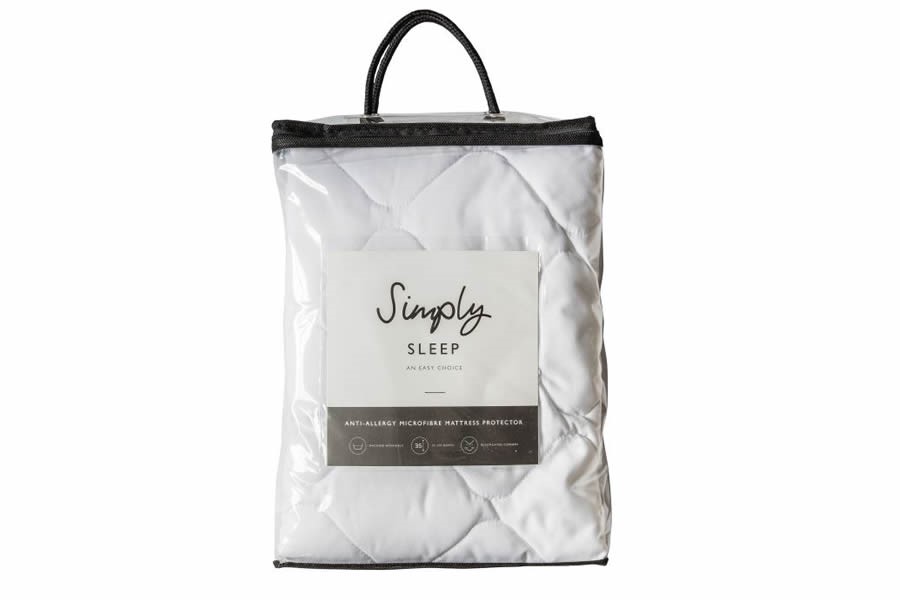











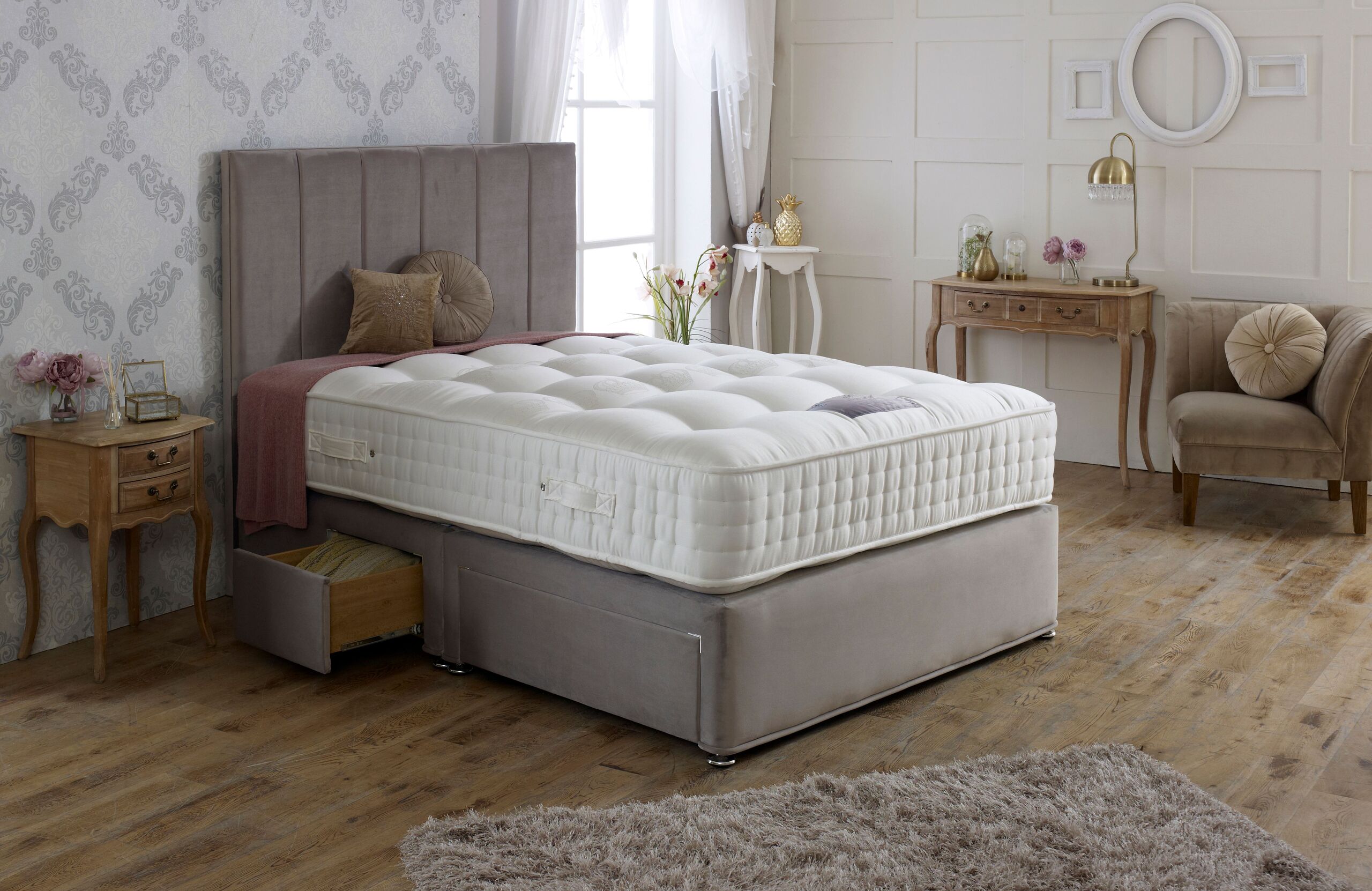



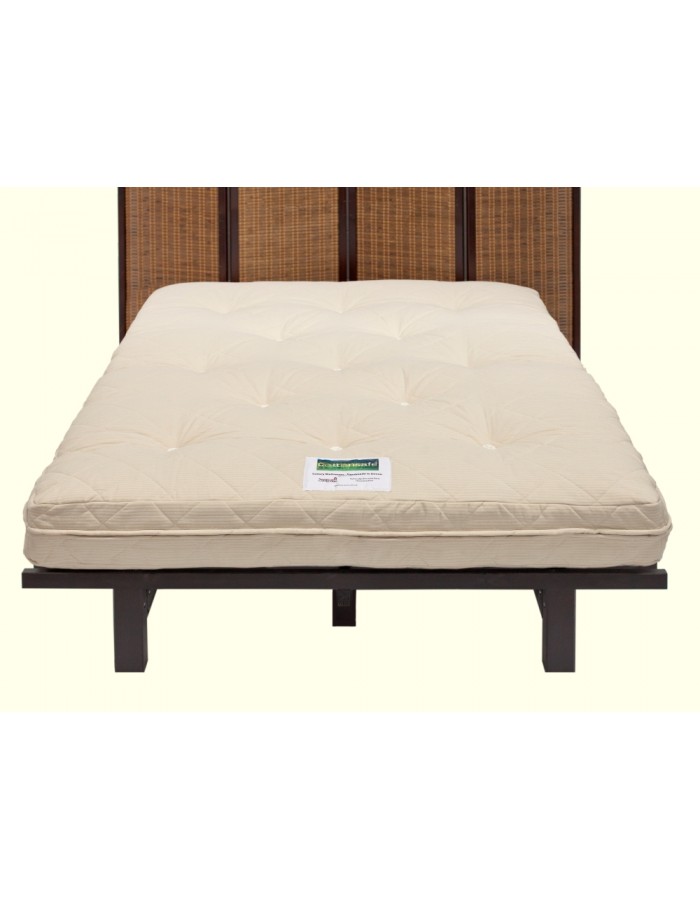
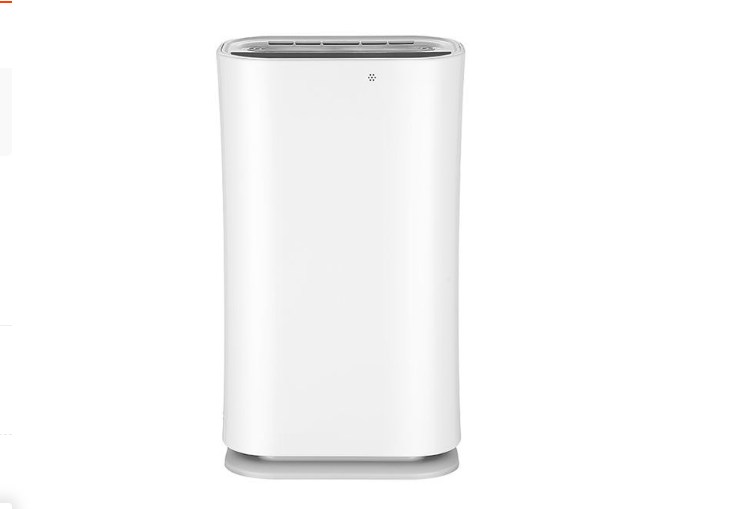




:max_bytes(150000):strip_icc()/WinkBed-Gravity-Lux-Mattress-2dd10b49028646a8ad1722db905b7d2e.jpg)


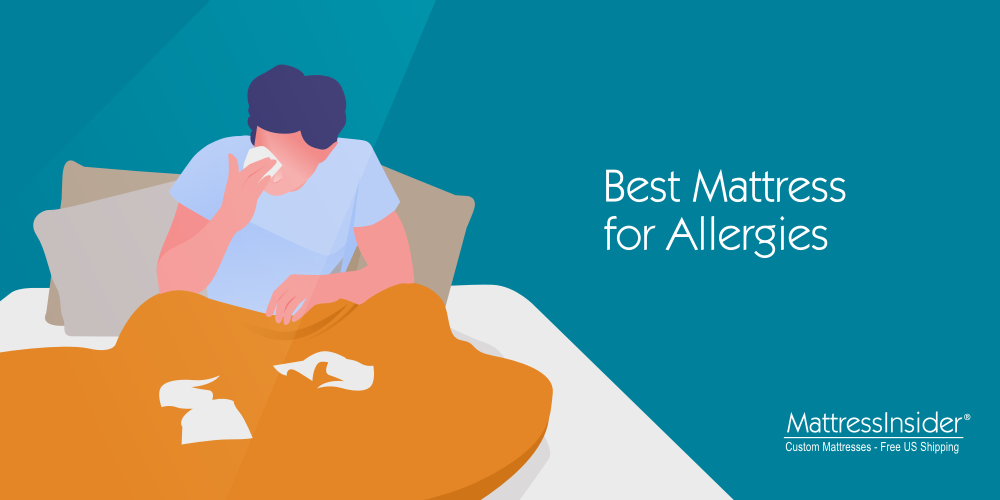

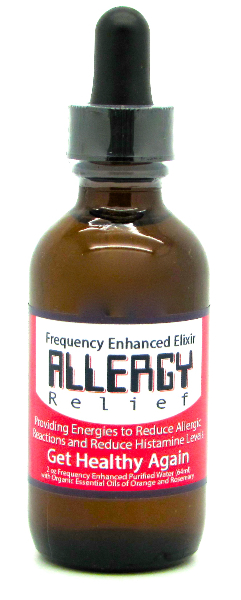



:max_bytes(150000):strip_icc()/AllegraAllergy-0db54037af514ffa82c0c10cf7863733.jpg)






